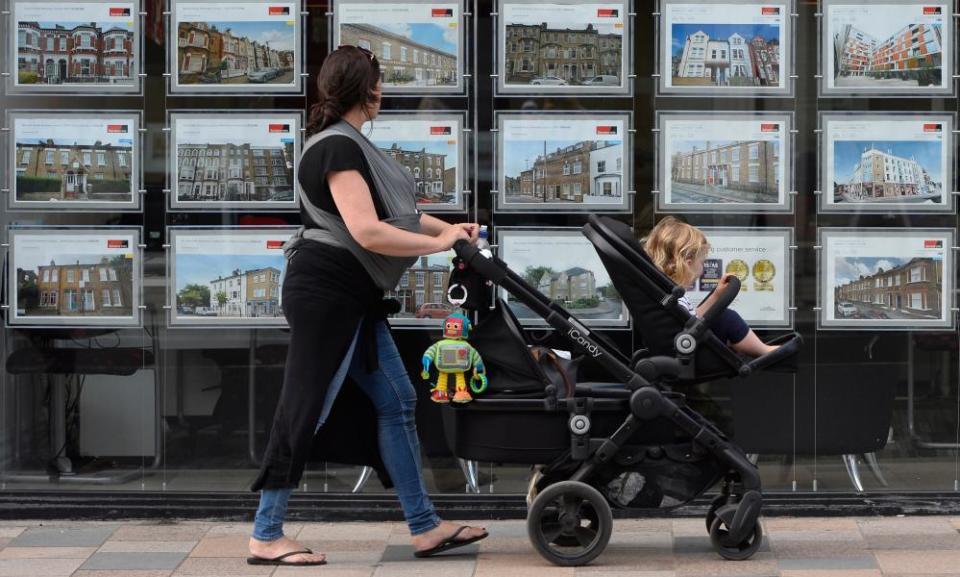UK house prices fell for fourth month in a row, says Halifax

House prices have fallen for the fourth month in a row for the first time since 2010, though at the same time inquiries about new mortgages have surged, according to the Halifax.
Average UK house prices fell by 0.1% in June, which was the first full month that England’s estate agents were open for business again after the housing market there was allowed to restart on 13 May.
However, despite this being the fourth monthly price fall in a row, the Halifax said some of the news was “encouraging,” with June seeing a doubling in the number of new mortgage inquiries from potential homebuyers in England compared with the previous month.
The bank’s data also stated that, despite the shockwaves caused by the pandemic, the price of a typical UK property was 2.5% – or almost £6,000 – higher than it was in June 2019.
This compares starkly with rival lender Nationwide’s most recent assessment of the UK housing market: it stated on 1 July that annual house price growth was negative, with property values down by 0.1% year on year.
Russell Galley, the Halifax managing director, said it was anticipating a continuation of the “modest” downward trend in prices through the period from July to September. He added that the extent of the downward pressure on prices over the coming months “will depend on the success of government support measures and the speed at which the economy can recover”.
This mention of government support may refer to speculation about the possible announcement as part of Rishi Sunak’s summer statement on Wednesday of a stamp duty holiday, which – if it materialises – could boost the market and save some buyers several thousand pounds.
Aware of the difficulties faced by the industry, Sunak is expected to outline plans for a six-month stamp duty holiday when he announces further schemes to support the economy as the lockdown eases.
Sunak is considering proposals to raise the threshold at which homebuyers start paying stamp duty, targeting the bottom end of the housing market.
Currently the levy is not charged on the first £125,000 of the property selling price, with a 2% rate up to £250,000 and 5% on the next £675,000. It is thought the new threshold could be set at somewhere between £300,000 and £500,000.
Property website Rightmove has calculated that if the threshold was raised to £500,000, many potential buyers in London and other parts of England would make a stamp duty saving of between £12,000 and £15,000.
Commenting on the Halifax data, Guy Gittins, the managing director of estate agent Chestertons, said the figures were “a clear sign that the housing market is recovering more quickly than anticipated”.
He added: “This is explained by the lack of properties available to buy, and the sheer number of buyers who have returned since the housing market reopened in mid-May. We saw a 127% increase in offers made on properties in London in June compared to May.”

 Yahoo Finance
Yahoo Finance 